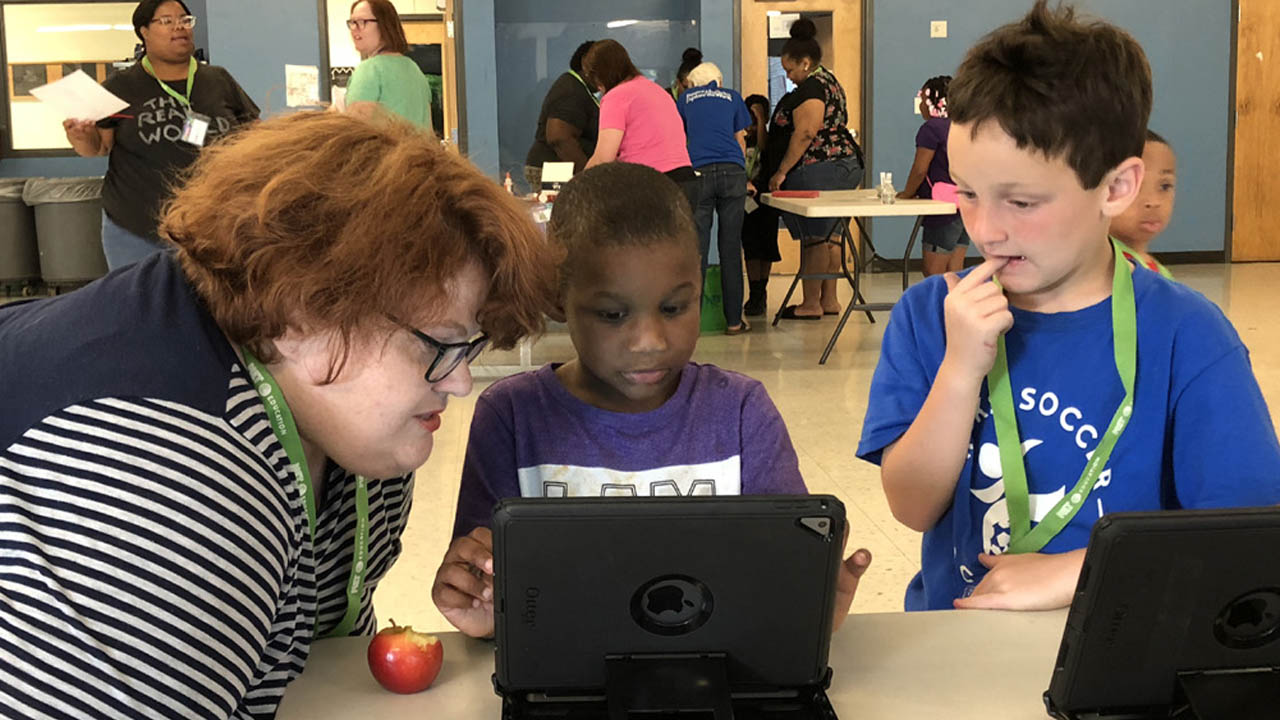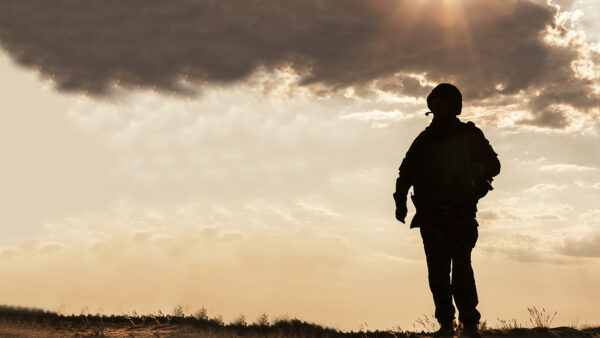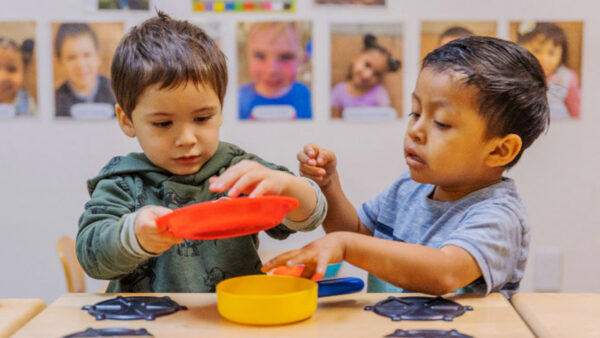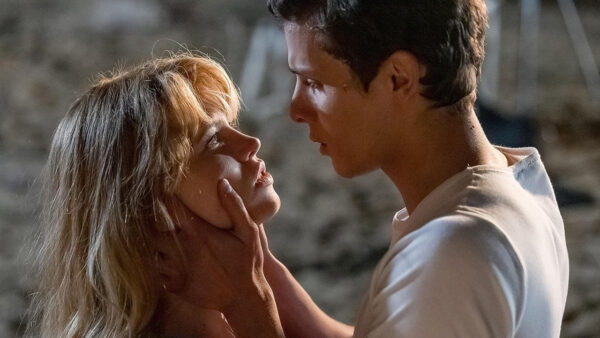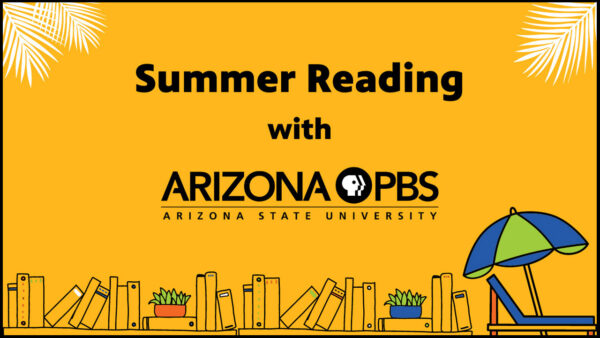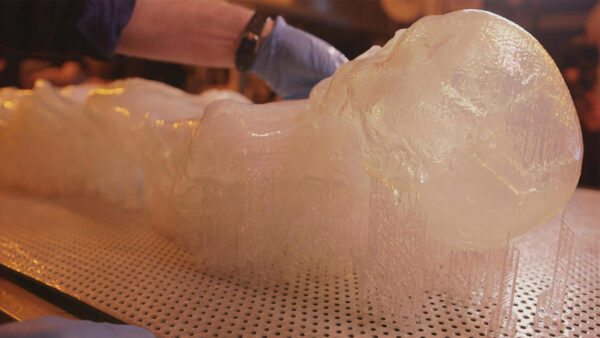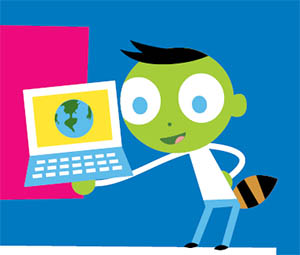
Educational Outreach is encouraging parents and educators to have conversations with children and youth about the media in their lives. Seeking sources for news and determining fact from opinion are important skills to start even with very young children.
With older students, it can seem obvious to discuss who provided the facts, statistics or latest data to arrive at that conclusion. For younger children, it is about encouraging curiosity and a spirit of inquiry. Wondering why and investigating to learn more is a natural process that helps students of any age. As adults, it is ok to offer an opportunity to search for answers together with children.
Digital Media Literacy Week – October 25-29 – offers us a chance to explore sources and screens. The week also provides a chance for us to take inventory of the screens in our lives, the time we devote to those screens, and the impact they make on those around us.
Arizona PBS highlights resources for this effort from PBS LearningMedia’s digital library, including articles in English and Spanish from Common Sense Media, and PBS KIDS for Parents. Click to expand each day to see resources and activities by grade level.
Grades 4-6
Digital Citizenship: It’s important to think critically and practice good behaviors when using technology. This episode talks about what it means to be a good digital citizen and important ways to engage in our technology-driven world.
Grades 7-12
How Much Screen Time Is Too Much? Even by conservative estimates, the average American spends over 6 hours per day staring at a screen. That’s a lot of time. What does the scientific research say about it? Is it good or bad for us? Co-produced with Common Sense Education. Have your students watch the video and respond to the question in KQED Learn.
Professional Development
Media Making & Media Literacy for All Educators is a recorded webinar from PBS member station KQED.
Families
News and Media Literacy Resource Center: From misinformation to the 24-hour news cycle (on TV and now on social media), students must learn to navigate a noisy, biased, and challenging world. But with the right support, they can learn to be critical and not cynical – to speak up, not sit back. This collection of news and media lessons, videos, printables, and more is a great place to start. Everything’s been carefully vetted by Common Sense editors (and fellow teachers) to help you find that “just right” resource for your classroom.
Community Resource
“Arizona Horizon” on Arizona PBS at 5 p.m. and 10 p.m.” As we kick off Media Literacy Week, an event that’s been going on since 2014 and is put on by the National Association for Media Literacy Education, Kristy Roschke of the News Co/Lab at the Walter Cronkite School of Journalism and Mass Communication will discuss media literacy and the importance of being an informed, critical thinker.
PreK – Grade 2
Thinking and Making with Media in PreK-2 Classrooms: Intentional and developmentally-appropriate use of media provides children with new pathways to develop the critical skills of inquiry and expression that they will use as life-long learners. This course offers examples and insights from the classroom on how to actively integrate media into playful, hands-on learning, as well as scaffold the skills children need to be media readers and writers themselves. Learn evidence-based strategies and practices to start using media-based projects in your PreK-2 classroom today. The lesson you develop as a result of this coursework may be submitted as an artifact for the PBS Media Literacy Educator Certification micro-credential, Implementing Media Projects in Early Childhood.
Grades 4-6
The Legit-O-Meter: Curious if the site you are viewing is legit or not? This tool provides students a list of ways to figure it out.
Grades 7-12
Who’s Snooping on You Online? With recent reports of high profile data breaches, ransomware attacks and the prevalence of online trackers – it’s hard to know how best to protect your privacy online. In this “Above the Noise” video we met up with the cybersecurity experts at Electronic Frontier Foundation to learn more about who’s snooping on us online and what we can do to protect ourselves.
Professional Development
Google Search Tricks for Research: Google can be a great starting point for any research project. But if you’re looking for more refined, credible and useful information you’ve gotta get familiar with Google’s “search operators” – basically ways to target your search. This video covers the four most essential search operators and provides examples for how they can help narrow down your results to sources that’ll be most helpful.
PreK – Grade 2
Encouragement Flags: Donkey Hodie and Purple Panda try to climb to the top of Mt. Really High Up. Faced with frustration and obstacles, the pals encourage each other to keep going and celebrate the progress they have made.
Grades 4-6
Creating a Caring Classroom Community: Help early learners build healthy social and emotional skills with this special collection on promoting kindness, being just, and creating a caring classroom community! These activities, videos, tips, articles, and guides offer thoughtful ways to demonstrate and encourage kind and fair behavior in your classroom.
Grades 7-12
Turn Students into Fact-Finding Web Detectives: The web is overflowing with information — true, false, and everything in between. But the web also can be your students’ best tool for fact-checking and verifying information. Help students use the web effectively to dig deep (and search wide) in confirming or debunking the veracity of the information they see. As teachers, it’s our role to help demystify the web and show students how to search with concrete methods, tricks, and tools. Most of all, it’s up to us to show students how to be skeptical of what they see on the web without becoming cynical.
PreK – Grade 2
“Nurturing Curiosity and Critical Thinking”: This virtual professional learning experience provides tips on how to responsibly integrate media in the classroom for your early learners. How do you encourage an eagerness to explore in the classroom? A desire to learn? What are the best methods to keep students engaged and learning in the classroom?
This professional learning event was designed by educators specifically for PreK-2 teachers. You will be introduced to a number of teaching models and strategies to help your students nurture their natural sense of curiosity as they develop essential critical thinking and problem-solving skills. Led by PBS Digital Innovator All Stars Elisabeth Bostwick and Jared Morgan, this session highlights exciting resources and models that can immediately be implemented in the classroom.
Grades 4-6
Is the Internet Making You Meaner? If the Internet’s making you feel meaner, you’re not imagining it. People really do act differently online than they do in person. Here’s why. According to a paper published in 2004 by psychologist John Suler, there are about 6 main reasons people act differently online. This could explain the rise of internet trolls or why people open up more online than they would in person.
Have your students watch the video and respond to the question in KQED Learn. Made in collaboration with Common Sense.
Grades 7-12
Deepfakes: Can You Spot a Phony Video? Recently, a doctored video of Speaker Nancy Pelosi got millions of views on social media. Deepfakes are becoming easier to make and spread, and Above the Noise is here to help people understand this new phenomenon and what to do about it.
Have your students watch the video and respond to the question in KQED Learn.
Professional Development
Talking with Students About Shocking or Disturbing News: In our 24/7 breaking news world, there seems to be a new crisis every day. As news outlets compete for clicks, all of us – including kids – are immersed in more headlines than ever before. Unless you teach current events or social studies, most of the day’s news probably won’t make it into your classroom. But certain news events are just too big to ignore. When this happens, a lot of teachers ask themselves: How should I address this with my students? And, should I address this at all?
Families
5 Tips for Talking to Kids About Racism & Violence in the Media: Explore these strategies for tackling tough subjects, based on a 2020 article by child psychologist Dr. Allison Briscoe-Smith.
PreK – Grade 2
Setting Up a Healthy Media Relationship With Your Child: An episode of Daniel Tiger’s Neighborhood sadly comes to an end on screen. I look at my son, hand him the remote control, and say, “It’s time for lunch, please turn off the TV. We’ll be sure to watch more shows after naptime,” followed by an encouraging thumbs up that he in fact can turn off the TV even though it’s tough. He dawdles for another minute, then, as slow as a sloth, he presses the off button squeezing every last nanosecond out of the experience. Just this step has taken tons of practice, and of course it doesn’t always happen. Sometimes my son needs a friendly reminder and help to follow through, just as we all do!
Here are some ideas based on what the author decided to do and why she chose to give her 4-year-old son control over the remote.
Professional Development
How Do Our Phones Affect Our Parenting? As a pediatrician, the author has researched how mobile phone use affects family dynamics. The parent-child relationship is central to children’s social and emotional health, resilience, and life success — yet she also sees how more and more family interactions interrupted by mobile devices . . . including her own.
Families
PBS KIDS Family Night: Media literacy can cover some heavy – but important! – topics. Today, or over the weekend, take time to enjoy time with your children with some PBS KIDS Halloween fun! Enjoy a Halloween mini-marathon starting at 6 p.m. on Oct. 29, 30 and 31 featuring seasonal episodes of PBS KIDS favorites like “Arthur,” “Odd Squad,” “Ready Jet Go!,” “Cyberchase” and “Wordgirl.” Watch on the free PBS KIDS Video app, online at azpbs.org/kids or on air on Arizona PBS KIDS (channel 8.4 with antenna, Cox Cable channel 81, CenturyLink Prism channel 22 and Suddenlink channel 14).
Go behind the scenes at the Arizona State Fair: Explore the Arizona State Fair 2021 through the lens of state fair vendors, workers and fairgoers in this interactive video experience.
Bonus: The Arizona PBS KIDS Teach Your Way Planner includes tips on integrating media in your teaching.
